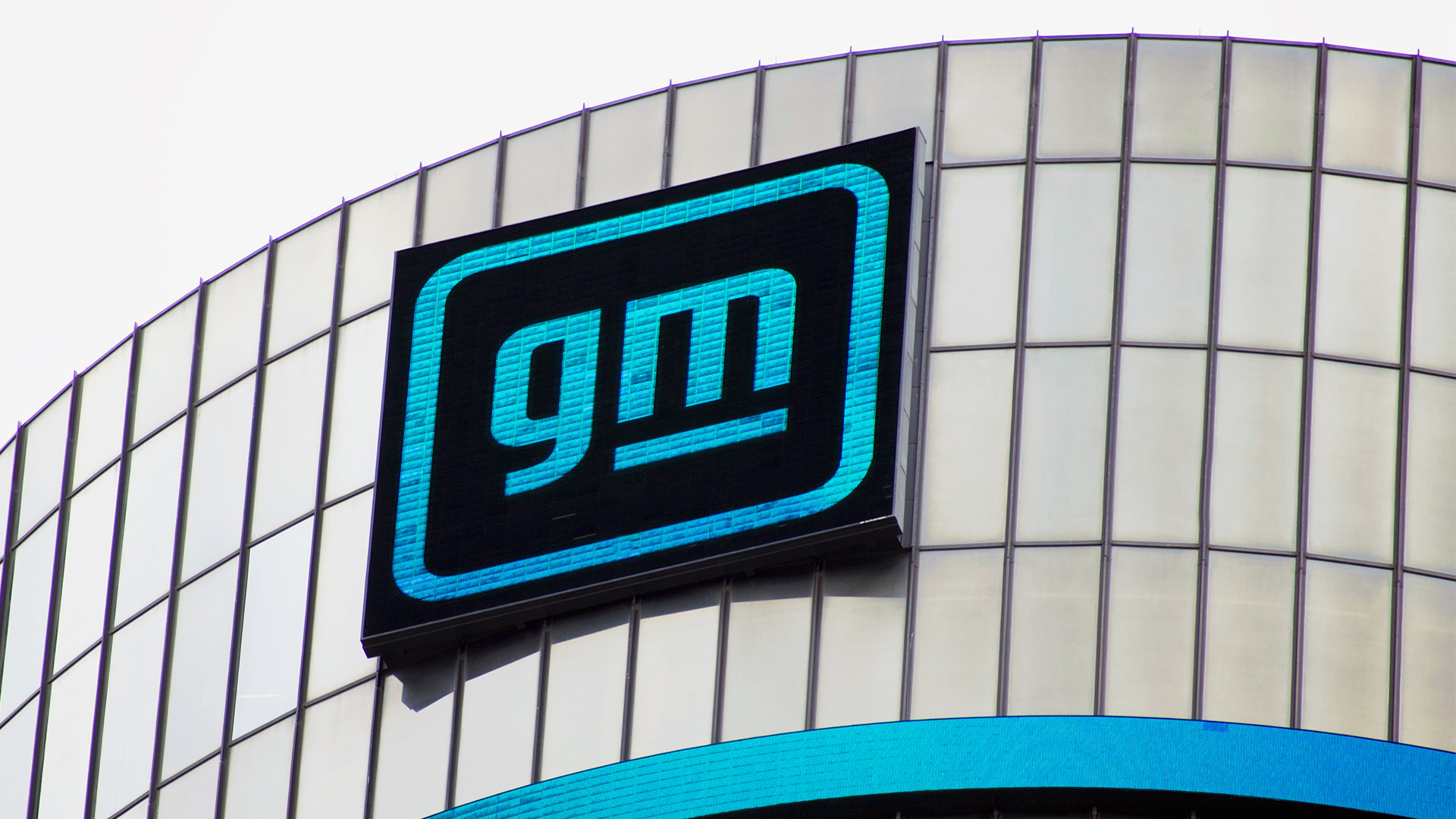Further evidence that the Chinese economy’s sluggishness is deepening with another monthly survey showing the first contraction since early 2020.
China’s slowdown again followed slower and lower reading from other major manufacturing hubs across Asia – Japan, South Korea, Taiwan, Malaysia and Vietnam.
It’s a signal that Covid Delta is having a bigger impact on activity in the world’s pre-eminent manufacturing region than previously thought.
The August China survey, from Caixin came after the official government survey which showed activity was still in expansion, but the reading was the lowest since April last year.
The official survey however showed that activity across China’s huge services sector (which includes construction) fell into contraction for the first time since early 2020.
The contraction in manufacturing though in the Caixin survey revealed hits from Covid Delta containment measures, supply bottlenecks, a shortage of computer chips hitting cars, electronics, phones and other consumer goods as well as continuing high raw material prices weighed on output.
Manufacturing activity in August in other Asian major economies of Japan, South Korea and Taiwan expanded at a slower rate on chip shortages and factory shutdowns due to Covid Delta.
“Virus disruptions add to the list of headwinds for the region’s producers, including semiconductor shortages and high shipping costs,” said Alex Holmes, emerging Asia economist at Capital Economics told Reuters.
The surveys highlight the pandemic’s broadening damage in Southeast Asia, where soaring infections and subsequent lockdown measures have hurt both the service and manufacturing sectors, especially for manufacturers, many of which rely on auto parts and semiconductors made in low-cost bases such as Thailand, Vietnam and Malaysia.
Ford, Toyota, GM and other carmakers have already been forced to cut production or shut factories because of the shortage. Toyota is looking at a 40% cut in output this month.
China’s Caixin/Markit Manufacturing Purchasing Managers’ Index (PMI) fell sharply to a reading of 49.2 in August, from 50.3 in July, dipping under the 50-mark that separates growth from contraction.
The result was well below forecasts and again confirms the health of the Chinese economy has been weakening now since April.
Output shrank for the first time in 17 months; new orders dropped for the second month which was the steepest rate in 16 months, and exports sales contracted for the first time since February. Also, buying levels fell after rising in July
The private survey followed official PMI released on Tuesday, which showed the index falling in August but staying just above the 50 mark.
Japan’s PMI eased to 52.7 from 53.0 in July with new export orders posting their first contraction since January. South Korea’s index also fell to 51.2 in August from 53.0 in July.
In Vietnam and Malaysia, activity was hurt by lockdown measures and rising infections that forced some factories to suspend operations.
Vietnam saw factory activity shrink to 40.2 from 45.1 in July. Malaysia’s PMI was 43.4 in August, up from 40.1 in July but staying well below the 50-threshold.
Once seen as a driver of global growth, Asian’s emerging economies are lagging advanced economies in recovering from the pandemic’s pain as delays in vaccine rollouts and a spike in Delta variant cases hurt consumption and factory production.
Growth in India’s factory sector activity also slowed as persistent pandemic-related weakness weighed on demand and output, forcing firms to cut jobs again following a brief recovery in July.
…………
Iron ore prices started the new month with a bank, sliding more than 6% amid talk of another round of steel production cuts.
The weak activity report for Chinese manufacturing from Caixin/Markit didn’t help as ir showed the first contraction since April last year. This was after the official survey on Tuesday showed China’s services sector sliding into contraction as well.
The price of 62% Fe fines delivered to northern China lost 6.5% to end at $US143.43 a tonne, The price of 58% Fe Fines slumped more than 8% to $112.72 a tonne and the price of 65% Fines from brazil slipped $US9.70 a tonne to $US162.30 a tonne.
Earlier in the week, Baoshan Iron & Steel, the listed part of Baowu, China’s biggest producer, warned of the potential for more falls in iron ore prices in coming months.
Others agree:
“We expect China’s steel curtailments to be targeted in 4Q when demand slows seasonally and air pollution is in focus (especially ahead of the Winter Olympics next February) and as a result we expect prices to stabilise in Sept/Oct before continuing to fall back below $100/tonne in 2022,” UBS analysts wrote in a recent note.













